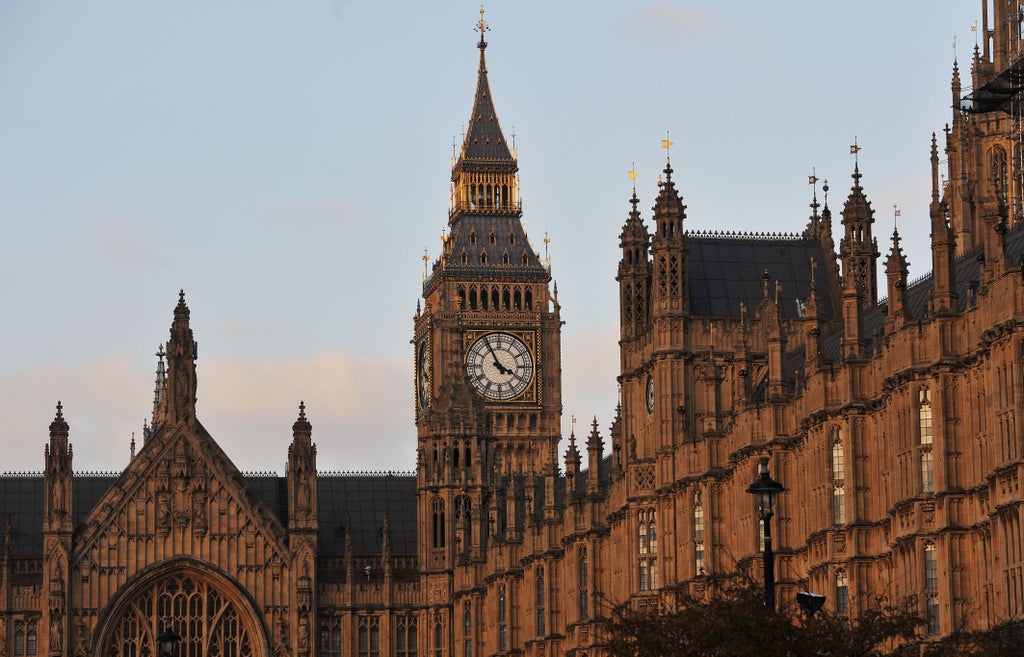
One in five bankers exploit a special status in order to reduce UK tax on foreign earnings, a first of its kind study has revealed.
Being non-domiciled for tax allows individuals to avoid paying British tax on money generated by foreign investments or rents on foreign property. It also means that only UK assets qualify for inheritance tax. Those who use it must still pay tax on income generated in the UK.
The report comes after a separate investigation by The Independent revealed that the chancellor’s wife, Akshata Murty, uses non-dom tax status to reduce her tax bill for foreign earnings in the UK.
Whether or not to use non-dom status to minimise British tax is optional, according to HMRC guidance. The study found that very rich individuals are “much more likely” to make use of the status, rather than those on lower incomes.
Non-dom status is not available to ordinary taxpayers. It allows those who use it to live in the UK full-time and for several years before it lapses.
There are no official statistics on the costs or benefits to the UK’s public purse from the policy of granting the status to some individuals, but around 70,000 people claimed the status in 2018.
Four in ten individuals who earned £5 million or more in 2018 have claimed non-dom status at some point, academics at the London School of Economics and Warwick University found, after they were granted access to a decade of anonymised HMRC data.
Andy Summers, associate professor at LSE said: “The non-dom regime is used mainly by the very rich, who get tax breaks not available to ordinary taxpayers. This giveaway could be costing the Treasury significant revenue and deserves more scrutiny at a time when everyone else is facing tax rises.”
Changes introduced in 2017 have limited the non-dom benefit to those who are born in the UK or who have lived there for 15 years. The chief determinant of whether or not a person qualifies for the status is usually where an individual’s father resided when they were born.
One in ten residents in some of London’s most expensive areas, Westminster and Kensington, have used non-dom status at some point between 1997 and 2018.
There is a broad spread of geographical ties for non-doms, the study found. Around one-in-seven are from India, and a similar amount are from the US, with the remainder largely composed from Western Europe or English speaking countries such as Australia. The fastest growth for using the special tax status is among people from China or former Soviet states.
The research also revealed clusters of non-doms in areas such as London’s South Kensington, near the French consulate and Aberdeen South, close to oil industry hubs. Sports players also appear to use the status around the Manchester area.
Arun Advani, assistant professor at the University of Warwick said: "Whilst clearly most people have little idea about the non-dom regime, I think the biggest shock might be to bankers and others working in City jobs, when they realise how many of their colleagues are benefitting from a tax regime they don’t have access to."







